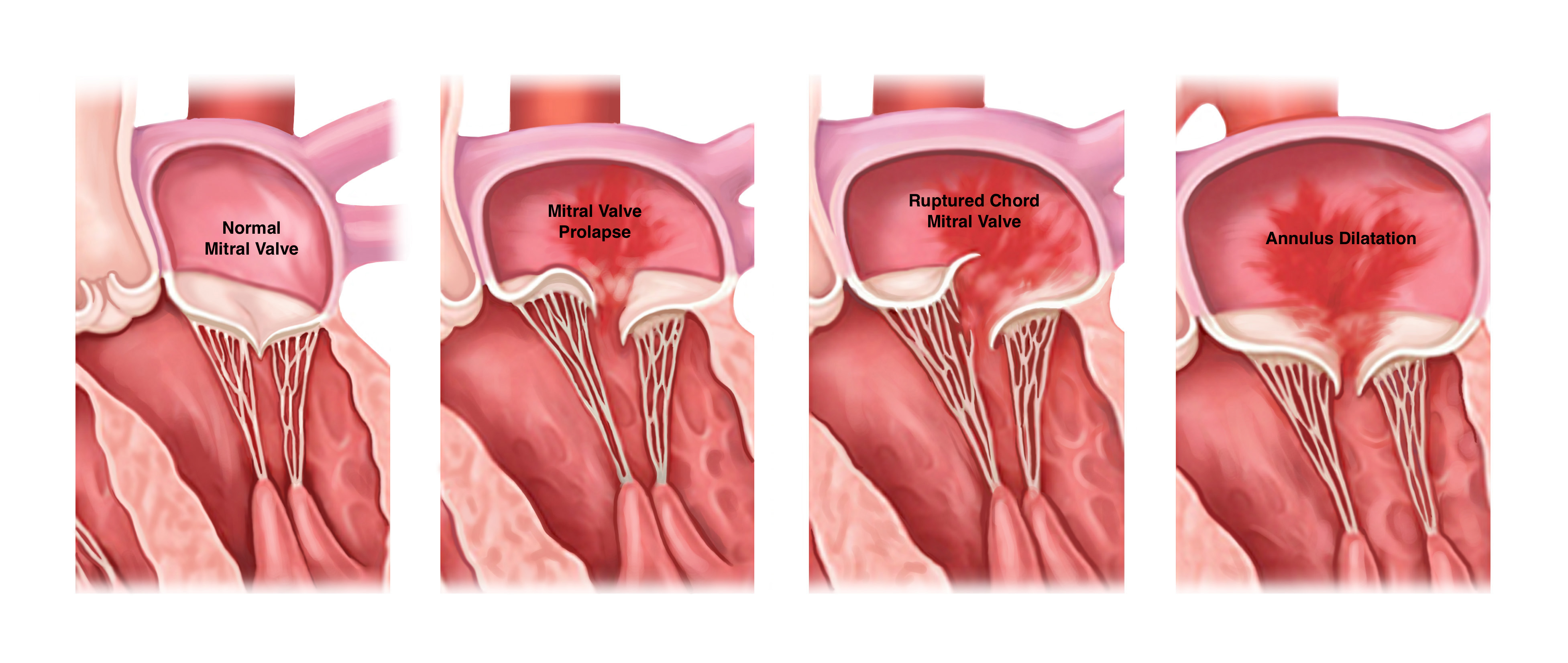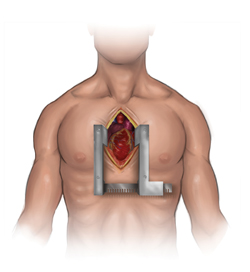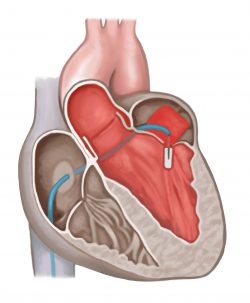Mitral Regurgitation
Mitral valve regurgitation (MR)
We understand that being diagnosed with a heart problem – such as mitral valve regurgitation – can be scary, which is why we’ve put together this guide to the issue. Here, we discuss mitral valve regurgitation, the mitral regurgitation symptoms, and outline the best courses of action for mitral regurgitation treatment London.

What is mitral valve regurgitation?
Mitral valve regurgitation is the medical name for when the mitral valve leaks. When the mitral valve leaks, blood travels back towards the left atrium and lungs as the left ventricle contracts. This means that less blood is pumped around the body with each contraction of the heart.
In addition, blood travelling backwards results in dilatation and damage to the left atrium, leading to the development of atrial fibrillation. The lung vessels become damaged as the pressure within them increases, leading to pulmonary hypertension. Many of these sequelae become permanent over time, and the best course of action is to avoid them by early intervention.
What are the causes of mitral valve regurgitation?
The mitral valve leaks either as a result of prolapse or rupture of one of the two leaflets, or as a result of dilatation of the ring or “annulus” upon which it hangs.
Usually, it is a combination of both pathologies and corrective surgery requires repair of the leaflets, as well as remodelling of the annulus.
Other causes of mitral regurgitation include calcific degeneration, and infection.
What are the mitral valve regurgitation symptoms?
There are a few mitral regurgitation symptoms, but they can be potential symptoms for many diseases – or, sometimes, they can be nothing at all. Therefore, it is so important to get your symptoms checked by a doctor as soon as possible. If you experience shortness of breath, ankle swelling, and palpitations, there are typical mitral regurgitation symptoms, and you should get a diagnosis as soon as possible.
When should I get mitral regurgitation treatment London?
Once a tap leaks, it always leaks – and early surgery is advocated in preference to medical therapy when the degree of the leak becomes severe. In patients with certain types of mitral valve abnormality, repair is advised even in the absence of symptoms. Fixing the issue early on is key, if you experience any mitral regurgitation symptoms you should consult a doctor as soon as possible.
If there is any doubt regarding the severity of the leak, then a test such as Stress Echocardiography (either medically induced or during mild exercise) is very valuable. Early surgery should certainly be performed if repair of the valve is possible, since this is far superior to mitral valve replacement London. If the valve is not repairable, then replacement should be considered when symptoms (breathlessness) develop, or if there is evidence of heart enlargement, atrial fibrillation, or pulmonary hypertension.
What are the types of mitral regurgitation treatment available?
There are a few courses of action available in relation to mitral regurgitation treatment London. There is the traditional method of heart surgery, or more minimally invasive mitral valve surgery options for mitral regurgitation.
Mitral regurgitation treatment: Minithoracotomy (no bone division)
The traditional approach to mitral valve replacement is via a full breastbone break. While the results are still good quality, patients will experience more pain and discomfort via this method and will have a longer recovery time.
Experienced surgeons can perform the same operation through a smaller partial breastbone incision that allow improved healing, greater bone stability, and much more acceptable cosmetic results; Minithoracotomy.
Mitral regurgitation treatment: Ministernotomy
The traditional approach to mitral valve replacement is via a full breastbone break. While the results are still good quality, patients will experience more pain and discomfort via this method and will have a longer recovery time.
Experienced surgeons can perform the same operation through a smaller partial breastbone incision that allow improved healing, greater bone stability, and much more acceptable cosmetic results; Minithoracotomy.
Here are some diagrams that further show the difference between traditional and keyhole approaches to mitral regurgitation treatment:
 Traditional Sternotomy approach
Traditional Sternotomy approach
 Keyhole approach to the mitral valve
Keyhole approach to the mitral valve
Other mitral regurgitation treatments London: catheter based MitraClip insertion
This is a new percutaneous therapy that is suitable only for patients who are deemed too risky for traditional heart surgery and is only of value in high risk patients who are unsuitable for traditional or keyhole heart surgery via minithoracotomy. Therefore, we would not recommend it to all patients, and will tell you in your consultation which surgery is best for you.
The treatment involves clipping the two leaflets of the mitral valve together to try and reduce the leak and offer patients who would otherwise be unsuitable for any treatment a degree of symptomatic relief.
Catheter Placement

We understand that a diagnosis can be a worrying time, and we want to make your experience as smooth and stress free as possible – so please do get in touch if you have any questions, queries or comments, and a friendly member of the team will get back to you as soon as possible.
To find out more, contact our London Heart clinic.
